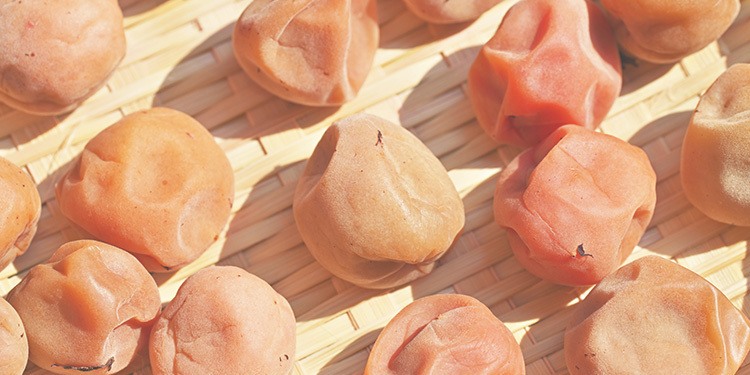Subscribe to our newsletter
Receive news and benefits on health and wellness.

SHA Magazine Healthy Nutrition
Nutrition is one of the great pillars for promoting good health and enviable ageing. And one of the keys is to choose the right foods and ingredients to make up a healthy diet.
Below, our nutritionist María Romeralo, suggests six SHA foods that should not be missing from your pantry:
What it is: a paste made of fermented soy.
What it provides: it is a natural probiotic-rich in vitamins, minerals and digestive enzymes.
What it does: It helps strengthen our immune system, promotes a healthier gut and helps relieve some of the symptoms of depression and anxiety.
What the science says: in a large study involving over 40,000 Japanese participants over 10 years, miso intake was found to be associated with a reduced risk of stroke. Miso was also found to reduce the risk of heart failure, a remarkable result for a high-sodium food.
What it is: an exotic food of millenary use in Japan with great healing powers.
What it provides: it is a “medical food” that acts as a natural probiotic.
Benefits: it has curative effects, germicides and antibiotics, among many others.
What science says: different studies have shown that umeboshi is a good source of polyphenols, which reduce the risk of diabetes, help to lower blood pressure, prevent hardening of the arteries and increase the absorption of calcium. The most recent studies even suggest high effectiveness in combating allergy symptoms.
What it is: an accompaniment from the fermentation of soya, although more refined and complex than this.
What it provides: as well as extraordinarily enhancing the flavour of foods, it acts as an excellent natural probiotic.
What it does: It is a food rich in proteins and carbohydrates, but without fat. It protects our cardiovascular system, is détox, regulates intestinal transit and even strengthens our bones.
What science says: Studies have shown that for people with coeliac disease or gluten sensitivity, its consumption can help relieve gastrointestinal symptoms and prevent possible damage to the digestive system. This would lead to better absorption of nutrients and a reduced risk of vitamin and mineral deficiencies. Not only that, but animal and human studies also show that stopping the consumption of gluten could decrease inflammation and help prevent weight gain.
What it is: a unique variant among green teas, as it is not made from tea leaves themselves, but from the stems and young twigs of the Camellia Sinensi tree shrub.
What it provides: it does not contain theine and is alkaline, digestive and rich in calcium.
Benefits: it fights hypertension, improves digestion, is energizing, prevents heart disease and cholesterol, helps control weight and is even a skin rejuvenator.
What science says: its properties are widely studied within traditional Chinese medicine, which shows its richness in natural fluorine, which helps reduce bacterial infections. Loaded with antioxidants, kukicha tea has détoxicating properties that help the liver and kidneys function optimally and eliminate unwanted waste.
What it is: a cereal that is a source of fibre, minerals and vitamins.
What it provides: it has a wide depurative power, strengthens the lungs and improves the activity of the large intestine.
Benefits: it helps control weight, is energizing, strengthens the nervous system, regulates intestinal transit, purifies…
What the science says: increased consumption of whole grains and fish could reduce the risk of childhood asthma by about 50%, studies suggest. And a high intake of whole grains is associated with a 60% reduction in the likelihood of developing asthma over the years.
What it is: a starch obtained from Pueraria Lobata, a favourite plant in traditional Chinese medicine.
What it provides: strengthens the immune system and the digestive system.
What it does: balances the intestinal flora, improves the absorption of nutrients, protects the stomach, prevents cardiovascular diseases and brain disorders and acts on infectious processes.
What science says: different works show that kudzu consumption lowers blood pressure and reduces plasma concentrations of glucose, insulin and cholesterol. It may be useful to consider the use of kudzu polyphenols as a complement to strategies used to reduce metabolic disorders.
Receive news and benefits on health and wellness.
